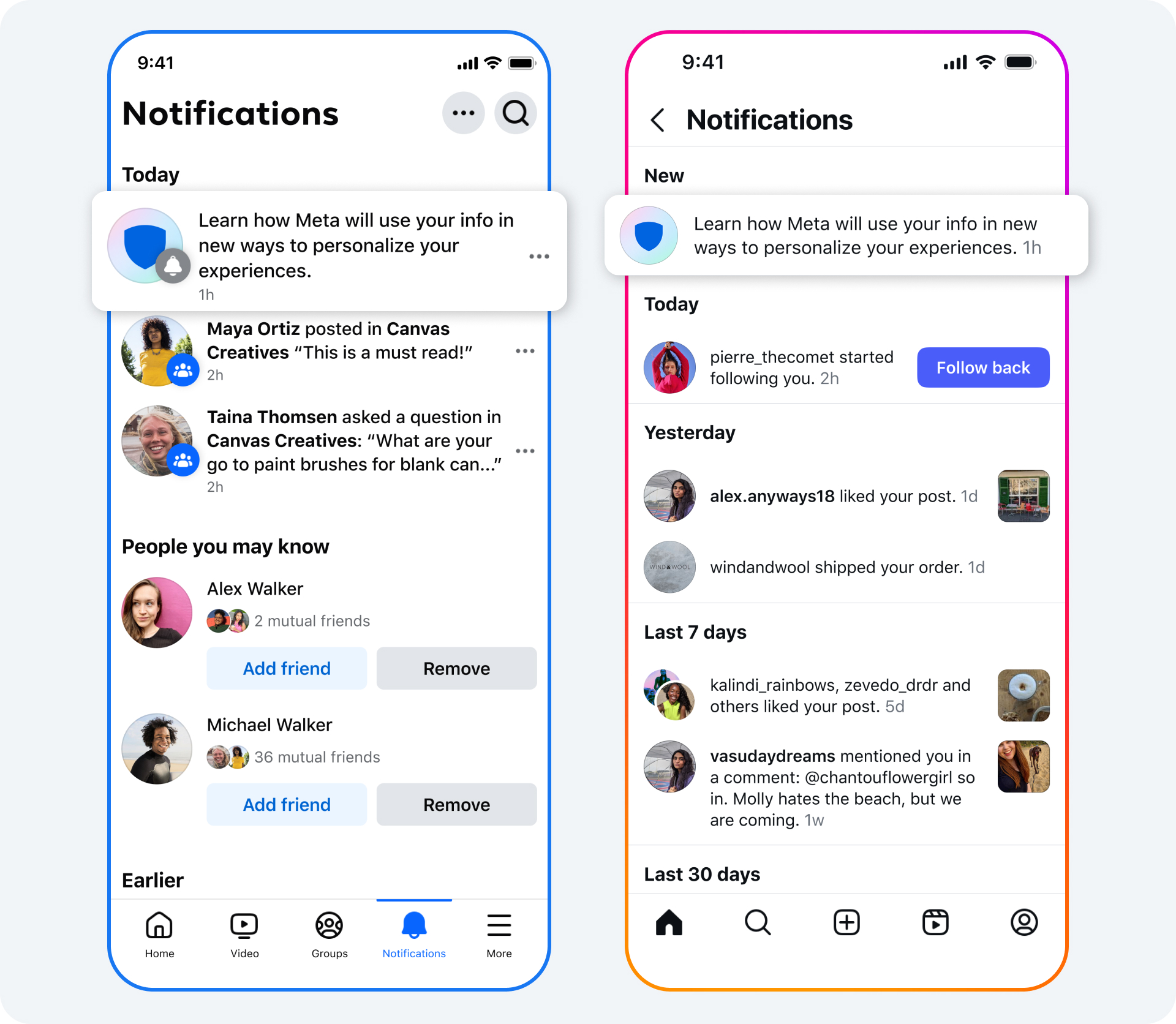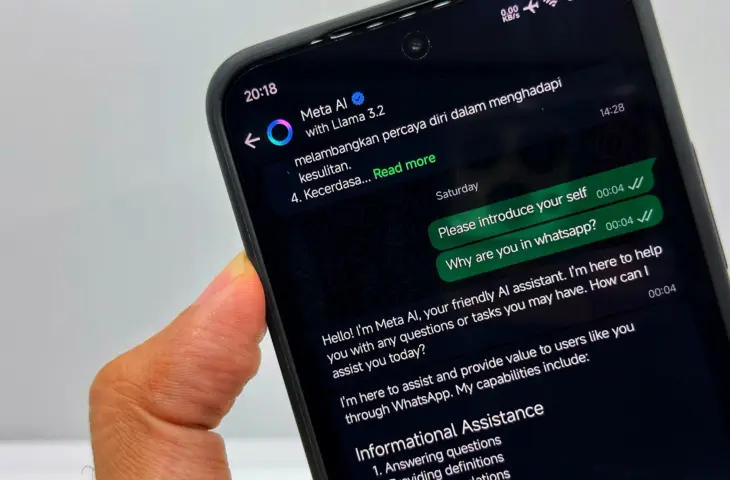Meta indicates that it will use interactions with Meta AI to serve personalized advertisements, in a move that should surprise no one.
Do you use Meta AI (the blue circle in WhatsApp)? Then you can soon expect advertisements based on those interactions. Meta will be sending out notifications about these plans in the coming weeks and hopes to implement them from December 16. It is not entirely clear whether this also applies to EU users from day one, but Meta does indicate that it has the ambition to quickly deploy the AI chatbot worldwide to support the advertising machine.
read also
WhatsApp Alternative Signal Growing Rapidly in Europe: What Is It, and Why Is the App Popular?
All interactions with Meta AI will be used to personalize advertisements, both written and via voice. Meta does promise that it will not use conversations about topics such as political preference, religion, or medical questions for advertisements. It goes without saying that interactions about those topics with Meta AI must then be recognized as such and that Meta has the information.
WhatsApp as an Advertising Tool
That Meta AI is a tool for advertising should surprise no one. Meta makes its money with personalized advertisements. From a financial point of view, products such as Facebook and Instagram are little more than billboards that the company can use for this purpose. For WhatsApp, this was a problem for a long time: messages are end-to-end encrypted, and the content cannot therefore be used for advertising. Moreover, Meta has been under pressure since the purchase of WhatsApp to also ban other advertisements from the chat app.
Via Meta AI, the company has now found a detour to still make money from WhatsApp users. The AI app is very visibly integrated into WhatsApp and Meta’s other services, including Messenger. The blue sphere cannot be disabled. Furthermore, it is possible to involve Meta AI directly from conversations, unless you completely disable that function deep in the menus. For the sake of completeness: metadata (with whom you chat, how often, and when) was already being used to feed Meta’s advertising network.

End-to-end-to-Meta
Anyone who cannot resist the extremely visible sphere and uses Meta AI agrees to the terms of use. Meta has discovered that it does not have to disable end-to-end encryption at all: users themselves share information from their messaging apps with Meta AI. In this way, WhatsApp becomes a new source of information for Meta to personalize advertisements.
Meta AI is like a postman who delivers envelopes neatly closed, then comes to sit at the kitchen table and offers a listening ear while you go through your letters, completely free of charge. However, don’t be surprised if flyers related to the content of the letter you talked about are in your mailbox a day later.
Expectations of Users
Meta, for its part, speaks of ‘personalized experiences’. “Many people expect their interactions to make what they see more relevant,” it says.
Anyone who wants to send messages without sharing metadata with Meta, and without the risk of sharing information with Meta AI, can use Signal. That app is gaining popularity and offers the same functions and the same end-to-end encryption (WhatsApp uses Signal’s algorithm), but does not harvest data from users.
